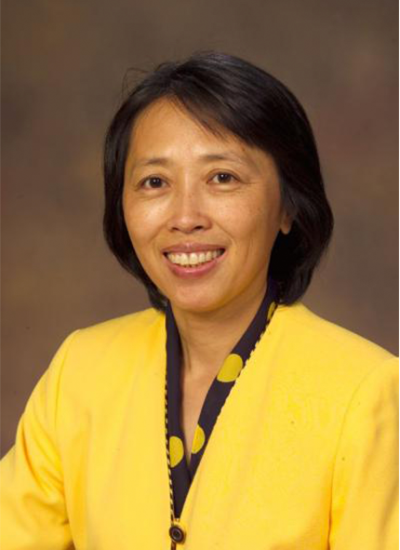Public Health Administration
Department Chair, Epidemiology and Biostatistics
Professor, Public Health
Professor, Anthropology
Professor, Statistics-GIDP
Distinguished Professor, Public Health
Professor, BIO5 Institute
Primary Department
Department Affiliations
Contact
(520) 626-9011
Jefferey L Burgess
Professor, Public Health
Adjunct Professor, Mining and Geological Engineering
Professor, BIO5 Institute
Member of the General Faculty
Member of the Graduate Faculty
Primary Department
Department Affiliations
Contact
(520) 626-4918



